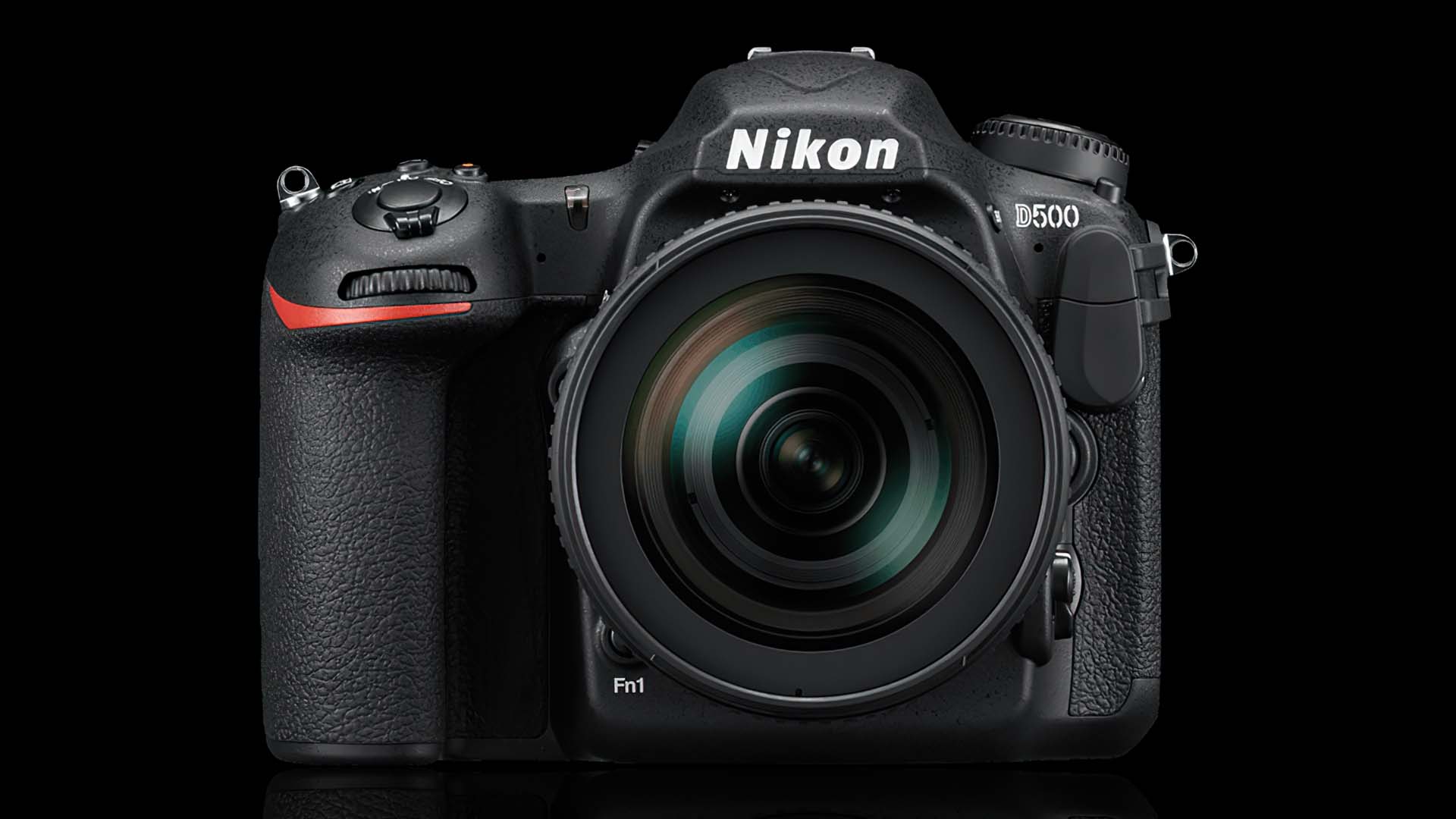
The time has finally come, and a camera that has won plaudits across the board, the D500, has been discontinued Nikon Japan with no replacement announced.
We recently reported that Canon no longer intends to produce any more flagship DSLRs, much to the consternation of some of our readers. Let's just say that the concept of the DSLR dying off didn't go down too well with some, although I stand by everything I wrote within that article. Flappy mirror cameras are a dying technology and the sidelining of them by newer mirrorless cameras will continue apace throughout 2022.
Now, Nikon Japan has marked its very well regarded DX DSLR, the D500 as discontinued. Unlike Canon, Nikon hasn't made any official statement as to its intentions with regard to DSLR technology, and it is known that throughout 2019-2020 Nikon's DSLR range was amongst its most popular. Nikon USA also still lists the camera as being available. However, it is quite telling that no successor has been announced for the D500.
It might be that Nikon is simply going to focus on Z-mount from now on, which makes sense given how many DX lenses have also been marked as "old product" in the past year. The recently launched Z 9 is a glimpse into where Nikon is heading. That camera doesn't just eliminate the flappy mirror, but it goes a step further and eliminates the mechanical shutter as well. And yet, for anyone who has encountered it, the Z 9 is one of the most capable and powerful stills cameras ever put out by a manufacturer. In other words, nobody who uses a Z 9 is lamenting the loss of mechanical parts.
DSLRs are still popular, or are they?
It's also interesting if we take the idea that Nikon's DSLR line sold the best during 2019-2020 and look at things in a different light. There's a saying that correlation is not evidence of causation, and thus we have to consider that the reason why Nikon's DSLR range sold so well was not necessarily down to the fact that the cameras were DSLRs. There could be any number of reasons, from no mirrorless alternative being available in a given price bracket through to particular focal lengths not being available in Z mount yet. We don't know the details. But what we do know is that over time those particular considerations become irrelevant as more product lines are developed and more glass becomes available.
The camera market is in a bit of an odd state presently, and whilst Canon says it still intends to make low to mid-end DSLRs, it is tricky to see how long such a strategy will last for. The compact camera market is in big trouble thanks to the ever-increasing abilities of smartphones, which leaves 'proper' cameras to the enthusiast and professional market. It's extremely likely, in fact a given, that the underlying tech within the Z 9 will filter down into its lower tiers, eliminating the mechanical shutter across the board in any successors to the other Z series cameras.
Nikon already has the Z50, which uses a DX sized chip, but utilises the shallow flange mirrorless full-frame Z-mount lens system. The Z50 is more of an enthusiast level camera, and given what we're seeing happen with DX lenses being marked as old product, it seems that the pathway is now clear.
It's possible to list things like battery life as being an advantage of the DSLR. Some people even prefer optical viewfinders. But none of those points will shape how camera manufacturers see the market. Technology history is full of examples of product types that fell into obscurity, despite some vocally singing their praises. And despite the fact that some people will claim I'm prematurely claiming the immediate death of the DSLR in hyperbolic fashion, I'm afraid it's inevitable. It's not a question of "if", it's a question of "when". And the evidence seems to suggest "when" will be a lot sooner than you think.
But, as always unless a company makes official comment we won't know its full intentions.
Tags: Production News Cameras


Comments